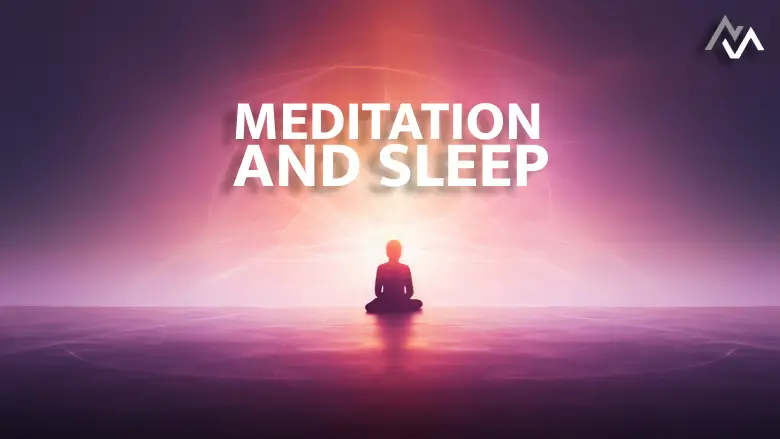Health
Why You Get Sleepy During Meditation

Feeling sleepy while meditating is common and can be due to several factors. Here’s an easy-to-understand explanation and some practical tips to help you stay awake during meditation:
Why You Get Sleepy During Meditation
- Relaxation Response: Meditation induces a relaxation response in your body, which can make you feel sleepy. This is because the brain waves during meditation are similar to those during the early stages of sleep.
- Fatigue: If you’re generally tired or haven’t had enough sleep, meditation can easily make you doze off as your body takes the opportunity to rest.
- Heavy Meals: Meditating after a large meal can make you sleepy as your body directs energy towards digestion.
- Association with Sleep: Meditating in a place associated with sleep, like your bed, can trigger drowsiness.
Tips to Stay Awake During Meditation
- Meditate When You’re Alert: Choose a time when you’re naturally more awake, such as in the morning or after a short, refreshing walk.
- Create a Designated Space: Have a specific place for meditation that is different from where you sleep. This helps your brain distinguish between meditation and sleep times.
- Avoid Heavy Meals: Try to meditate on an empty stomach or wait a couple of hours after eating before starting your session.
- Stay Hydrated: Drink plenty of water throughout the day. Being hydrated can help you stay alert and focused.
- Use a Meditation Bench: Sitting on a meditation bench can help maintain good posture and prevent drowsiness.
- Practice Mindful Movement: Engage in walking or standing meditation if sitting still makes you sleepy. Mindful walking keeps you active and alert.
- Keep Sessions Short: Start with shorter meditation sessions and gradually increase the time as you build your practice. Short sessions are easier to stay awake through.
- Meditate with Eyes Open: Keeping your eyes open can help maintain external awareness and prevent you from drifting of.
- Incorporate Guided Meditations: Listening to guided meditations can provide structure and keep your mind engaged.
Additional Strategies
- Fresh Air: Meditating outdoors or in a well-ventilated room can help keep you awake
- Movement Breaks: If you feel yourself nodding off, take a short break to stretch or walk around before resuming
- Proper Rest: Ensure you are getting adequate sleep at night so your body isn’t trying to catch up during meditation.
Implementing these tips can help you stay awake and fully experience the benefits of meditation. Remember, it’s okay to experiment with different techniques to find what works best for you.




